The Importance of Playing
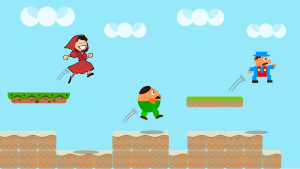 "But we didn’t get time to play!!!"
"But we didn’t get time to play!!!"
Sadly, these words have been uttered often this week. Thanks to various activities, the boys have had little time for playing in the afternoon after they return home, eat dinner, and finish their homework. All too often, they’ll finish their last homework problem only to find that they have a mere ten minutes until they need to start getting ready for bed.
Obviously, play time is important for kids. It lets them relax and get creative in a manner that they find enjoyable (versus in a manner that a teacher has assigned). However, play time can be just as important for adults.
In a conversation with a friend if mine, he asked how many hours in a week I spent on social media, playing games, and other activities that did not directly put money in my bank account. When I answered, he suggested that I use those hours to take on extra freelance work instead.
While I do freelance work, I try very hard not to be a workaholic. Mainly, because I think that a life consisting of only work will quickly become a frustrating and boring life. I would rather live a life with slightly less money but one filled with family, friends, and fun.
In addition, you can easily get burnt out by working too much. When I’m faced with a frustrating task, the worst thing I can do is keep trying to tackle it for hours on end. When faced with problems like this, I’ll put the problem down and either play a quick game, take a walk, or work on something else. Doing this keeps my brain from going down the same failed path over and over again. Oftentimes, my subconscious will figure out the solution for me while I’m pursuing other interests.
Finally, there’s the "death march fallacy.". Some employers try to get their employees to work 80+ hour weeks for weeks on end to finish projects on time. (Usually in these cases, the deadline was set by managers who aren’t directly responsible for meeting said deadline.). The theory is that the employees will put in double the hours and get the work done in half as many days. The reality is that employees wind up overworked, overtired, and burnt out. The quality of their work declines fast and more time is spent fixing mistakes that they make than would have been spent with a slower development schedule. Why would I subject myself to a" freelance death march" just to earn extra money? All that would happen would be that I would be miserable, my quality of work would plummet, and my clients would be upset about the work I was doing for them.
No, my playing a game, watching TV, or reading a book doesn’t bring in money, but every activity we do doesn’t have to be monetized. A life focused solely on money sounds like a very boring and meaningless life to me.
How important is play/recreation to you? What is your favorite method of unwinding?
NOTE: The "Platformer Game" image above is by qubodup and is available from OpenClipArt.org.

 There are some days when being an adult really stinks. Just when you think things are calming down, life throws another "fun surprise" your way.
There are some days when being an adult really stinks. Just when you think things are calming down, life throws another "fun surprise" your way.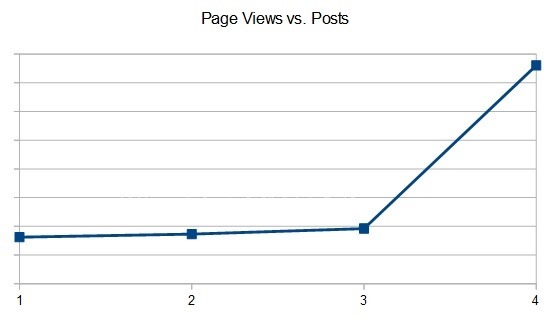
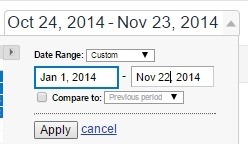

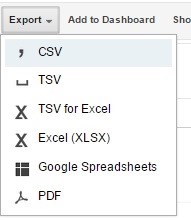
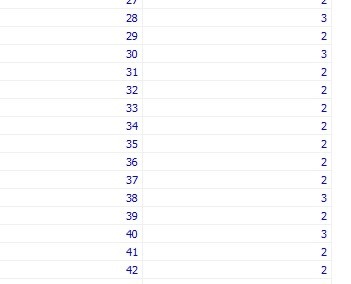
 I might be a bit quiet here for awhile. Don’t worry, nothing’s wrong. I just have a freelance project that is taking up my free time. So while I’m MIA deep in code, I thought I’d tease something else I’ve been working on. You see, I’ve wanted to pick up more freelance work and thought it would be a good idea to have a "Hire Me For Freelance" page. Then, I was browsing through some domain names and decided to make a whole new website for freelance work. So here is the "coming soon" page for
I might be a bit quiet here for awhile. Don’t worry, nothing’s wrong. I just have a freelance project that is taking up my free time. So while I’m MIA deep in code, I thought I’d tease something else I’ve been working on. You see, I’ve wanted to pick up more freelance work and thought it would be a good idea to have a "Hire Me For Freelance" page. Then, I was browsing through some domain names and decided to make a whole new website for freelance work. So here is the "coming soon" page for 